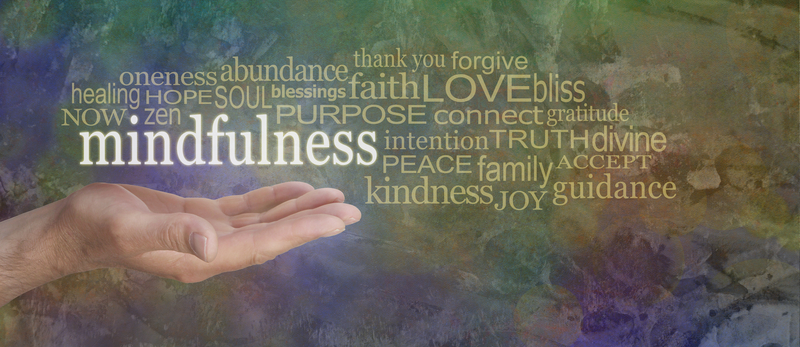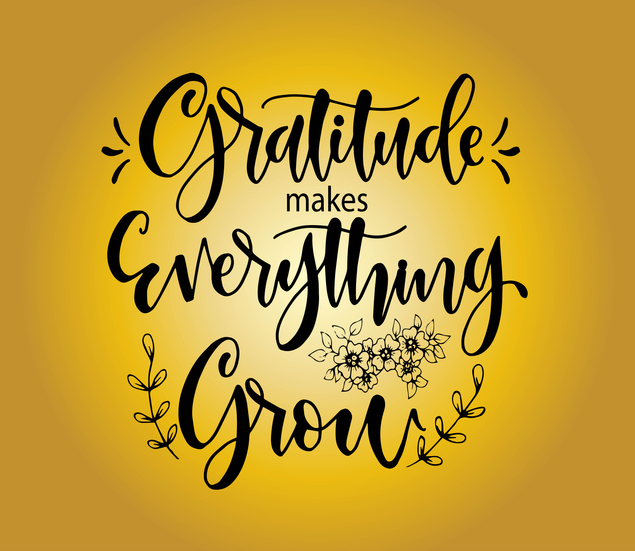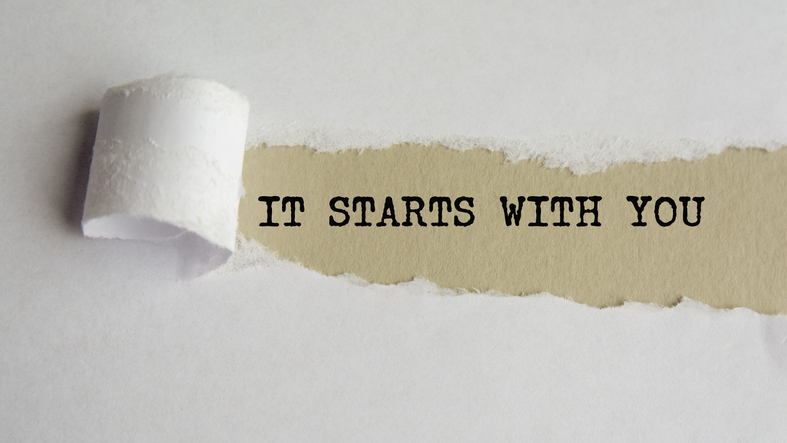Words have incredible power. Power to uplift or power to drag down. Energy to fuel a dream or power to shoot it down. Power to make a heart sing or power to wreak devastation to the soul. Everything rises or falls with our words.
Becoming Aware of Our Words

Some common ways of speaking feel attacking to the receiver. Respectful or positive messages are much easier to hear. For example, “You are so thoughtless! Why couldn’t you…?” will invaribly trigger resentment and defensiveness. “When you (do x) I feel so loved. Thank you.” This is a message that reinforces a welcome behavior and lets the person know the result…that you feel loved.
Laura Doyle makes a very compelling case for using words to encourage behavior we like in others. Using criticism or complaining to try to get what we want rarely works, and usually creates emotional distance in that relationship.
The Power of Appreciation
My high school English teacher told us to prepare an oral book report to present to class. I like to get scary things over quickly, so I volunteered to give my presentation first. I delivered my book report on Pearl Buck’s novel, The Good Earth. It shocked me when the moment I finished, my teacher shouted, “Now, THAT was a professional book report!” Of course, he had no idea of my secret dream of someday writing books. His rousing endorsement of my book report fanned the flame of my dream. Dreams rise or fall with our words.
Praise or encouragement were foreign to me. I didn’t receive compliments very well and really sucked at giving them. As a young adult I realized how ungracious it was to argue with someone giving me a compliment. It’s like rejecting a lovely gift. So I trained myself to say a simple “Thank you” whenever complimented. Later I concentrated on really internalizing any positive words I receive.
My Husband’s Love Language

Many years later I learned that Jim’s love language was Words of Appreciation. My heart sank. I was really bad at giving compliments or words of appreciation, but I wanted him to hear those words if it meant so much to him. So, I literally rehearsed how to say I appreciated this quality, or how he handled that situation. Every day I chose something to express my love for him in the language that made him feel the most loved. Gradually it got easier.
Shortly after that my adult son said to me, “I was an easy kid to raise. I didn’t give you much trouble. Why didn’t you ever acknowledge that to me? Why didn’t I ever hear words of appreciation?”
As a child, I felt invisible to my parents due to the absense of acknowledgement of my accomplishments and character. It broke my heart to realize that I had unconsciously repeated that neglect with my son. Since then, every time I see him or speak on the phone with him, I make sure to include some word of encouragement, appreciation or acknowledgement of his character or accomplishments.
Developing the Habit

Putting positive words together gets easier with practice. Delivering appreciations and gratitudes or acknowledging a quality or behavior that I like got easier and easier. Now I find it almost second nature to express gratitude to a server who does a good job, the gardener who faithfully keeps my yard trimmed, or the handyman who shows up on time and does a great job at whatever task I assigned him. My friends and family members are frequent recipients of positive affirmations. I have the power to make things rise or fall with my words.
A More Challenging Task
Learning to speak positive words to myself has taken longer for me to practice. For years I’ve berated, crticized, and judged myself in language I would never use toward another. Just as criticism toward a loved one damages that relationship and rarely produces the desired outcome, criticism of myself damages my self-esteem and never produces better behavior.
Are you claiming that you don’t have an inner critic that criticizes you? For one week, notice how you feel. Do you feel discouraged? Then you are probably saying discouraging things to yourself. Are you feeling like a failure? Then turn the inner volume up on the messages you are sending to yourself. What are the accusations you are saying about yourself? Make the words come out in the open. Our feelings are the result of the words we are saying to ourselves.
I’ve worked hard at improving my self-talk. When faced with a new challenge, I hear myself say, “I can’t do that!” or “I’m too old to do that.” But as quickly as I can, I replace that message with, “Let this idea germinate for a few days. Maybe I’ll find a way to conquer this challenge.” Then, usually, I do. I learned how to love myself more by doing the work I describe in Your Inner Child: a Path to Healing and Freedom.
Assignment: Raise Our Self-Esteem With Positive Self-Talk
For the next few days, let’s notice the words we are using with others and with ourselves. When they are negative or criticizing, either to another or to yourself, quickly apologize and replace that message with something positive. As an experiment, notice if the relationship with the other or with yourself becomes better…more positive. Are your emotions happier? Relationships, emotions, outcomes either rise or fall with our words. Everything rises or falls with our words.
You have my love and support,


